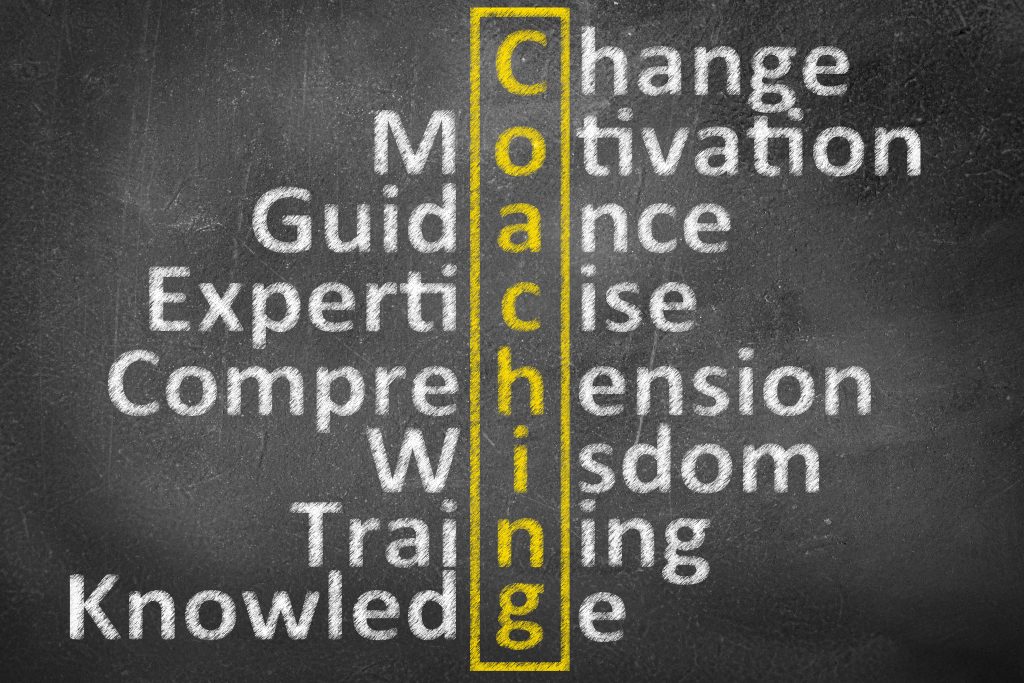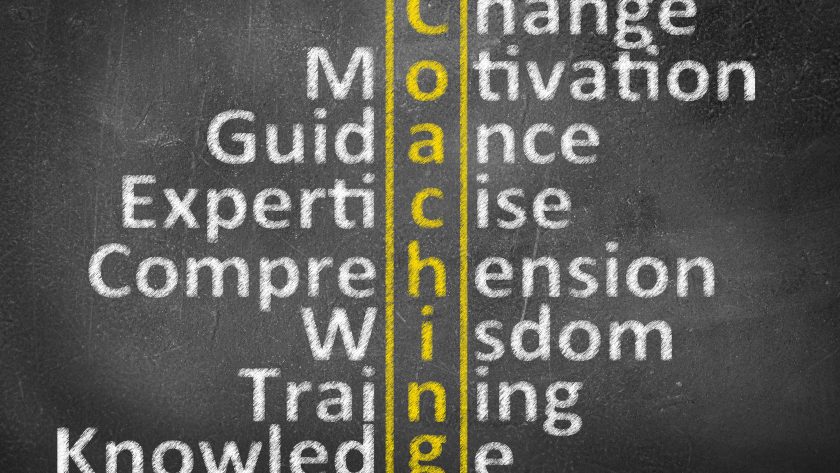
Fostering a coaching culture within an organization transcends mere skill development; it’s about embedding a mindset of mutual growth and learning at every level of the corporate structure. Such a culture encourages open dialogue, where challenges are met with collaborative problem-solving rather than directive mandates. When employees from various tiers of the hierarchy are equipped with coaching skills, the dynamic shifts from a top-down approach to a more inclusive, horizontal mode of operation.
This empowerment leads to a more engaged workforce, where individuals feel valued and acknowledged for their contributions. A key aspect of this cultural shift involves the strategic provision of training followed by coaching that supports employees who in turn adopt coaching techniques, thereby democratizing the process of development and innovation. By integrating coaching into the fabric of daily operations, an organization enhances its adaptive capacity and nurtures a community rooted in trust and continuous improvement.
Overcoming Common Challenges in Coaching
Navigating the hurdles inherent in coaching requires a nuanced understanding of human behavior and a flexible approach to interpersonal dynamics. Resistance to change is a natural part of the human experience; acknowledging this helps coaches to employ empathy and patience, fostering a safe space for individuals to explore new perspectives. Building trust is foundational, and it is cultivated through consistent, authentic engagement, demonstrating to clients that their experiences and fears are met with understanding and respect. Communication barriers can be dismantled through the deliberate practice of active listening and clear, compassionate dialogue, ensuring that the coaching relationship is marked by mutual respect and a shared commitment to growth. By skillfully addressing these challenges, coaches can unlock the full potential of their clients, helping them toward meaningful change and development.
Measuring the Impact of Coaching
To effectively gauge the influence of coaching, it’s critical to implement strategies that quantify its outcomes. This involves setting explicit, attainable objectives at the outset and meticulously tracking the progression towards these goals. Utilizing feedback mechanisms to gather insights from the coached individuals offers a direct line of sight into the coaching process’s effectiveness. Key indicators such as heightened productivity levels, improved employee engagement, and enhanced job satisfaction serve as tangible benchmarks of success.
These metrics illuminate the tangible benefits derived from coaching efforts and provides a framework for ongoing refinement and adjustment of coaching strategies. Coaches ensure their methods align with the desired outcomes, thus fostering an environment of accountability and continuous enhancement in both personal and professional realms.





